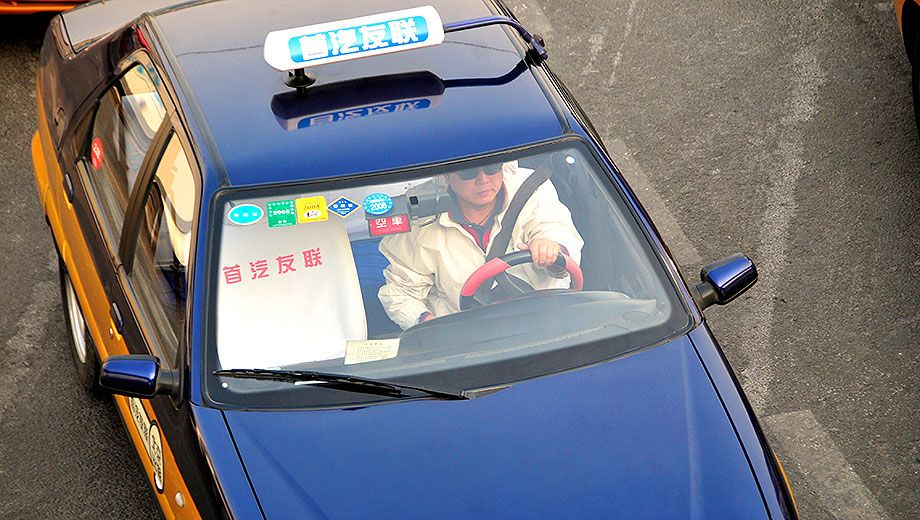If you're heading to China for business for the first time, don't make the mistake of assuming Chinese taxi drivers will recognise the English name of your hotel.
You must have the name and address of the hotel written in Chinese, otherwise you'll be chowing down the dollars as you use global roaming to search Google for the details on the hotel's website.
Hotels will generally have a business card they can hand you as you walk out the door, with their name and details written in Chinese for taxi drivers. But if you forget to get it, or leave it in the wrong coat, you'll be in trouble.
One inexpensive iPhone/iPod Touch app can circumvent this problem, ensuring you'll always be able to get back to your hotel, even if you've forgotten to bring the hotel's card with you.
This is especially useful for catching a taxi from the airport, before you've even arrived at the hotel.
The "China Hotel Cards" app only costs 99c on the iTunes Store (Australia | US) and gives you bilingual listings for the details of 5,000 hotels in China. It has all the details built in, so an internet connection is not required.
China taxi tips
Other things to bear in mind when taking a taxi in China:
- Keep small notes on you for payment -- most drivers won't have change for the large 100RMB notes you'll get from hotel ATMs. Most hotel service desks will change notes down for you.
- Tipping is not required in taxis in China (and if you try, it may just cause confusion unless you speak Mandarin.)
- Make sure you get a receipt. This is vital for tracking down items you might accidentally have left in the taxi (something that Australian Business Traveller has experience in first-hand...!)
- If you know where you're going throughout the day, ask the hotel where the best place to catch a legal taxi would be. Illegal taxis are unfortunately common in China and may not have properly metered fares, or be easy to contact if you leave something in the taxi.




Qantas - Qantas Frequent Flyer
24 Nov 2010
Total posts 60
a few more things worth mentioning,
taxi ranks near train stations and similar are usually frequented by pickpockets and beggers that are always on the lookout for dazed and confused (lost looking) individuals
in many regions the taxi driver will have an ID card on the dashboard that has a number of stars under their name (from 1 to 5 stars), the more stars they have the more English they can speak and understand, don't assume they don't understand anything when you're talking away ;-)
in general only women and children should ride in the front of a taxi, if there are a few of you together though it's not normally an issue if you need more seats but if only one or two then it is polite (expected of you) to sit in the back seat
in most cities there is a fuel surcharge which is added on so your fare may be a few RMB more than what shows on the meter
Better to travel with small notes, besides the problem of changing larger notes getting conterfeit notes as change is not unusual if you look like you're not familiar with the currency, don't be surprised if any note you hand over gets put under scritiny by the driver, don't be shy about doing the same with your change though
Don't rely on Google maps to show a driver where you are etc, the data is off by around 1km on average so it will possibly make things even more confusing
Qantas
24 Oct 2010
Total posts 177
Fantastic tips, thanks Rick!!
03 Jan 2011
Total posts 665
More tips from this old China hand:
Qantas - Qantas Frequent Flyer
13 Jul 2012
Total posts 43
'fapio' means 'receipt', say that to the taxi driver as you hand over the money.
Even some of the legal taxi drivers will try to scam you in Shanghai, so it is good to have an idea of time and cost of the ride. Once you let them know this isn't your first rodeo, you are less likely to be taken the long way.
Hi Guest, join in the discussion on How to avoid taxi confusion in China